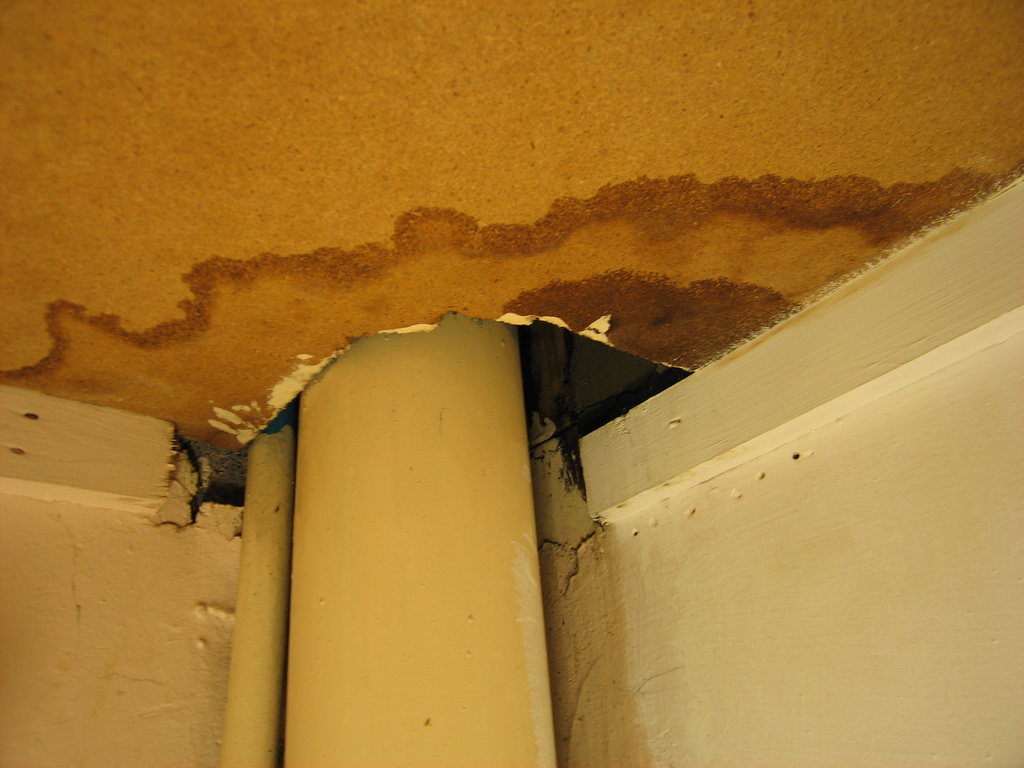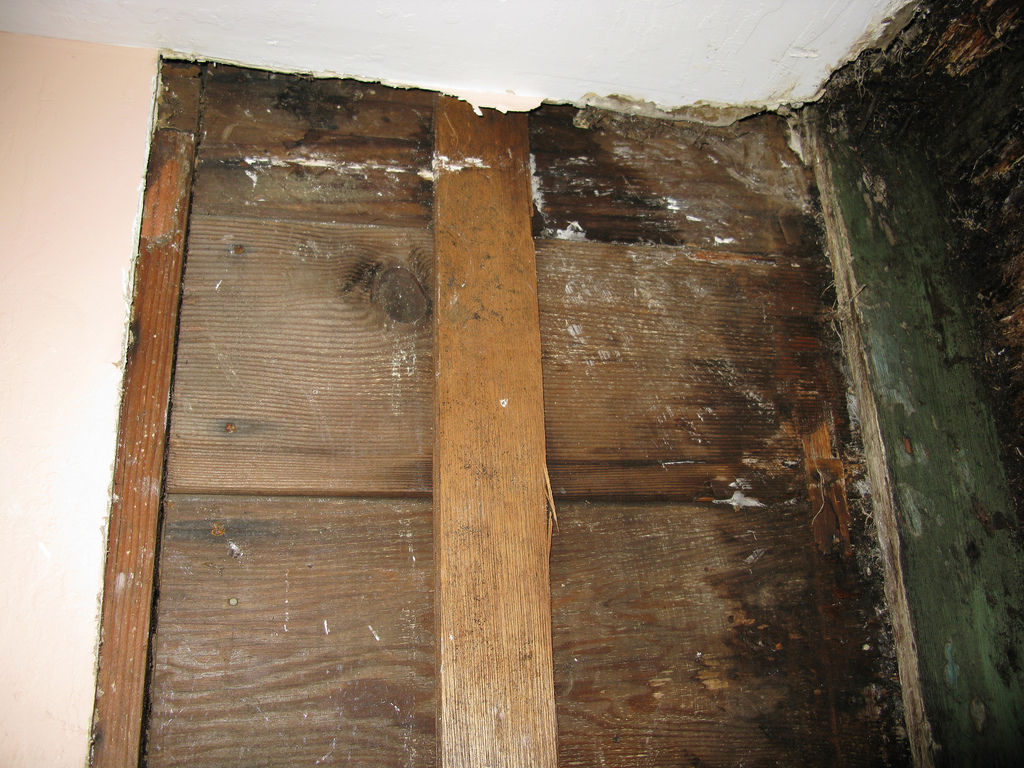I get this question a lot: “How can I know that mold is the reason I’m so sick.”
Well, you can and you can’t. There is no blood test that you can go get from your doctor to “check for mold,” and since Mold Toxicity Syndrome isn’t in the MD’s vocabulary, you just aren’t going to get very far on that path. Not that you shouldn’t try, but know what you are getting into.
The risks of not getting your doctor involved when you think you are mold poisoned are pretty standard: You might actually have a life-threatening condition and fail to discover it and die and then it will be the fault of the mold lobby. But seriously, get a checkup if you are worried about that.
The risks of complaining about mold symptoms to your regular doctor are a little harder to pin down, and depend on your ability to manage your doctor’s affect on your mindset. Here are a few that you should be aware of:
- psychoactive drugs prescribed unnecessarily
- other drugs prescribed — adding liver stress
- doubt installed in your mind about what you are experiencing
- sending you to specialists unnecessarily, even though (or because) he doesn’t understand your complaints
- belittling and/or mocking your “hypochondria,” as he sees it
- telling you that your supplements are dangerous.
- blood test results that are misleading or useless
For those who want it, the good news is that there are doctors specializing in neurotoxin detoxification. If you want to diagnose and treat mold with a medical doctor at your service, then by all means do. Here is a resource for finding a doctor who in skilled in this area. Since it is not its own specialty, the list includes practitioners in many areas of medicine and some alternatives.
There does exist a DIY test for neurotoxin exposure which you can do at home for free. It’s called the Visual Contrast Sensitivity Test, and it is a pretty good indicator of whether neurotoxins are in your system. It cannot distinguish between mold and other neurotoxin sources, but it is a good way to narrow your field of guesswork, and as a “sanity check.” Leave a comment below if you try the test and want to share your impressions and/or results.
Another way to determine whether mold is your nemesis is by testing the hypothesis that it is. If you do things that ought to improve the symptoms of a mold patient and they do indeed help, you can be pretty sure that going further in that direction is going to be helpful, even if you can’t definitively say that it’s mold. The best way to do that is to start on the Chlorella Protocol, and see how you feel.
There are likely to be naysayers. Some people are of the mindset that “if you didn’t prove it in a lab, it isn’t true,” so be prepared for that and also be prepared to keep your thoughts about this to yourself if you are interacting with folks who may be rude to you for having a different opinion or for looking out for your own health. In some circles, these are unpopular choices to make. Keep your own counsel and seek the counsel of a professional when and if you deem it to be the right move.




